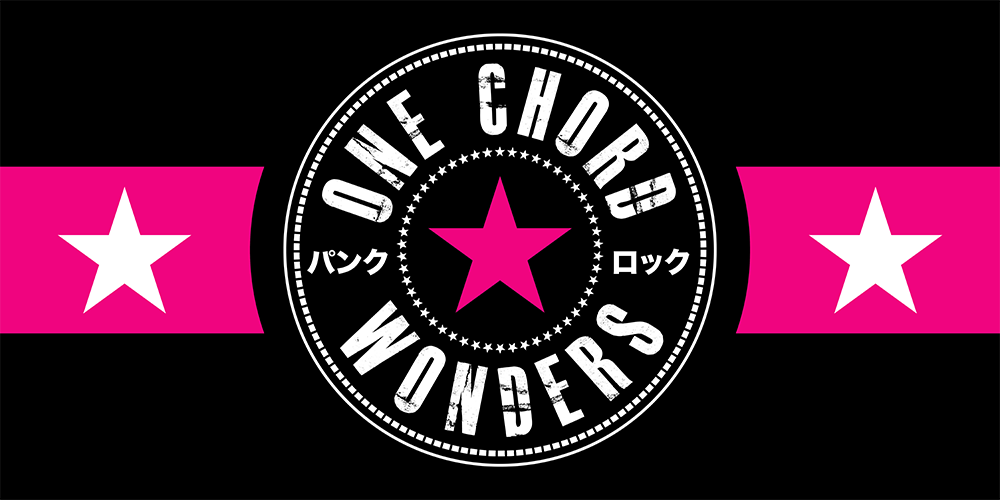Punk Rock in the UK: The Game Changer of 1977
The year 1977 stands as a watershed moment in the history of music, particularly with the emergence of punk rock in the United Kingdom. It was a time when young people, disillusioned by the status quo and fatigued by the excesses of mainstream music, turned to a new sound that echoed their frustrations and aspirations for change.
The Rise of a Movement
Punk rock burst onto the scene in 1977 as a reaction against both the elaborate glam rock and the progressive rock trends that had dominated the UK music landscape. Fueled by a spirit of rebellion, bands like the Sex Pistols, The Clash, and Buzzcocks embraced a raw, straightforward sound that often featured fast tempos, simple guitar riffs, and nihilistic lyrics.
The Sex Pistols, in particular, became the face of the punk revolution. Their notorious single, “Anarchy in the U.K.,” electrified audiences and ignited widespread discussion about the youth’s anger and discontent. With their confrontational style and anti-establishment attitude, they laid the groundwork for a movement that was as much about attitude and fashion as it was about music.
The Aesthetic of Punk
The punk rock aesthetic was a radical departure from the glamor of previous music trends. A signature look emerged, characterized by torn clothing, leather jackets, safety pins, and vivid hairstyles—often dyed bright colors. This intentional embrace of a scrappy and unpolished image was a powerful statement against consumerism and mainstream culture.
Punk’s DIY (do-it-yourself) ethos also became a hallmark of the movement. Bands often produced their own music, starting independent labels and zines that distributed their music and ideas outside of traditional channels. This grassroots approach empowered young people to participate in the creation and dissemination of culture.
Cultural Impact
The cultural impact of punk rock in 1977 extended well beyond music. It resonated with a generation grappling with economic struggles, disillusionment with authority, and a desire for authentic expression. Punk lyrics often tackled societal issues, including class struggles, political discontent, and personal autonomy, resonating deeply with the youth of the time.
Punk also facilitated a space for marginalized voices. Many venues across the UK started hosting punk shows, creating communities where fans could connect and express themselves free from judgment. The movement fostered a sense of belonging for individuals who felt alienated by mainstream society.
The Legacy of 1977
By the end of 1977, the influence of punk rock was undeniable. The genre paved the way for countless sub-genres and movements that followed, such as post-punk, new wave, and grunge. Its ethos of rebellion and expression continues to inspire musicians and artists around the world.
Punk rock in the UK changed not just the music landscape but also the cultural fabric of the society. It represented a powerful voice for young people ready to challenge norms and carve out their own identities. The energy, attitude, and creativity of punk in 1977 still echo in today’s music, ensuring its legacy as a pivotal moment in history
